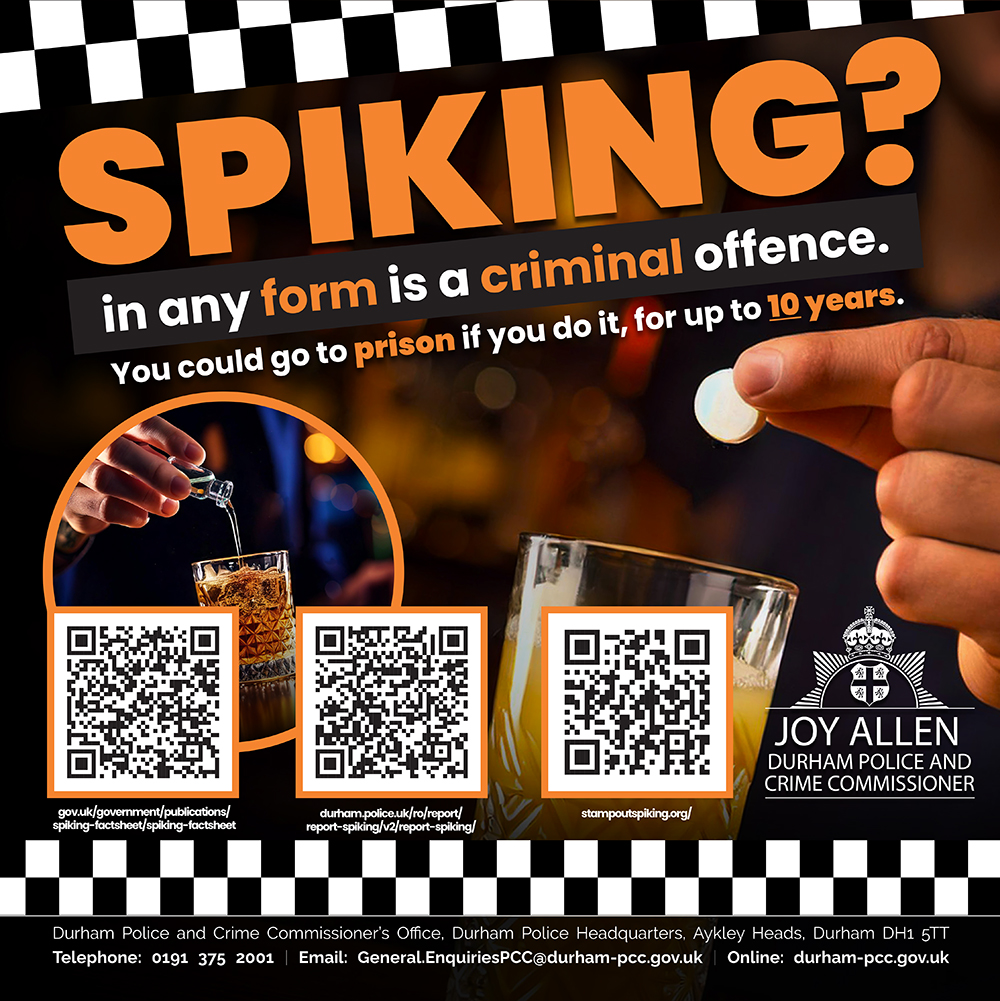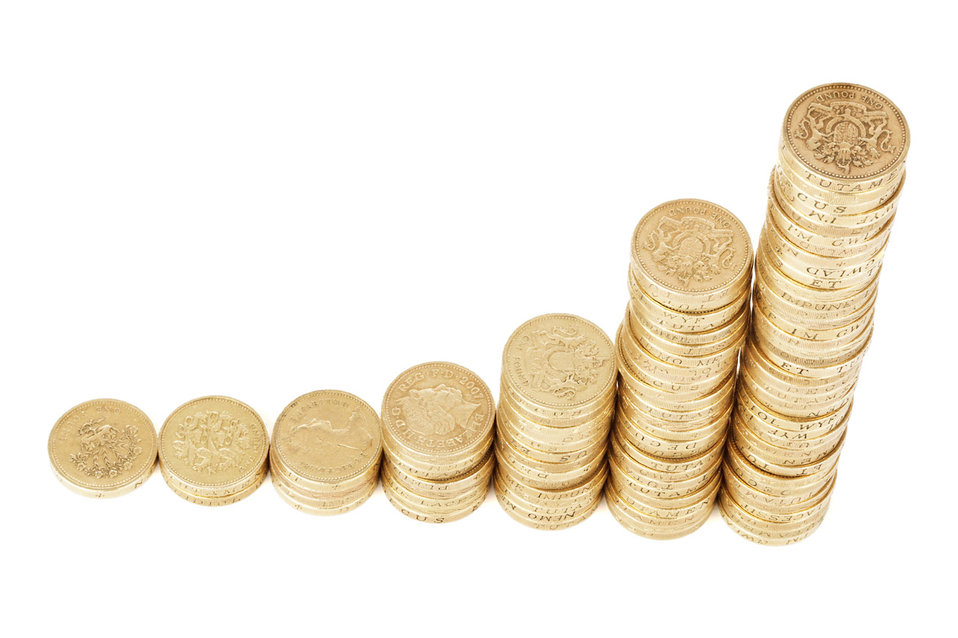• The recent tragic consequences of drink spiking in Laos Thailand serve as a stark reminder of the importance of staying alert and taking basic steps to protect yourself and others when socialising, after 6 young travellers died following suspected methanol poisoning, after they reportedly drank free shots.
• Coincidently, these deaths occurred in the same week I was meeting Jess Phillips, Secretary of State for Safeguarding and Violence Against Women and Girls, to discuss the dangers associated with spiking and the government’s aspiration of halving violence against women and girls.
• From physical and sexual violence to emotional and psychological abuse, women and girls are disproportionately affected by various forms of violence, often leading to long-lasting physical and emotional consequences.
• One particularly alarming trend that has emerged in recent years is the phenomenon of spiking, most commonly this occurs when someone add drugs or alcohol to another person’s drink without their knowledge or consent. Spiking can lead to incapacitation, loss of control, sexual assault or other forms of violence.
• Spiking incidents often occur in social settings like clubs or bars or even house parties, where perpetrators take advantage of crowded and chaotic environments to carry out their harmful actions. Spiking someone is abuse and it is a criminal offence. Those responsible can face up to 10 years in prison.
• Be Spiking Aware!
• If something doesn’t feel right or if you notice someone acting inappropriately, don’t hesitate to speak up and seek help from bar staff, security or the Police.
• If you believe someone has been spiked or is in danger, offer your assistance and support. Encourage them to seek help and ensure they are safe and protected.
• Keep a close eye on your drink. Never leave your drink unattended, even for a brief moment, as this provides an opportunity for someone to tamper with it.
• If you need to leave your drink for any reason, ask a trusted friend to watch over it or simply finish it before stepping away.
• Avoid accepting drinks from strangers or leaving your drink unattended in public places, such as bars or clubs.
• Be mindful of the signs of drink spiking, which can include sudden dizziness, confusion, nausea or loss of consciousness. If you suspect that your drink has been tampered with or if you start experiencing unusual symptoms after consuming a drink, seek help immediately by calling 999 or 111.
• If you are attending a social gathering or party, try to stay with a group of friends or trusted individuals to ensure each other’s safety and well-being
• By following these simple yet effective tips, such as keeping a close eye on your drink, being aware of the signs of drink spiking, looking out for your friends, and reporting suspicious behaviour, you can help prevent future tragedies and help us deliver safer, stronger and more resilient communities. Visit the links on our Spiking advertisement for more information.











